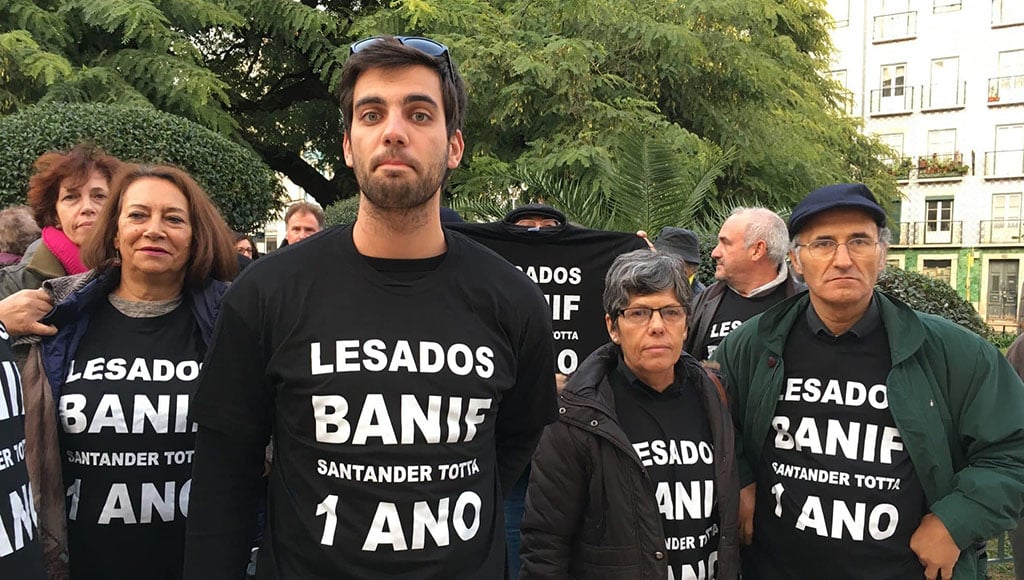Fear crisis in government will delay long-awaited compensation
Victims of the collapses of Banif and BES banks foreign branches fear Portugal’s political crisis will prevent the solution they have been negotiating for years to recover even part of the money they lost.
“We’re worried. We’ve worked hard for five years to finally find a solution for the victims of Banif and the BES foreign branches, and this political avalanche comes when we were about to announce solutions,” Nuno Vieira, a lawyer representing the victims, has told Lusa.
He said that, despite the political crisis, victims hope the current government will still go ahead with the process so that the new government will be able to take up the matter and close it quickly.
“We don’t want to fall short. We’re counting on the government to be responsible in this transitional phase, to allow the dossier to continue and to hand it over to the next government to finalise,” he said.
Even before this latest crisis, victims no longer had the interlocutor they were counting on in the treasury as João Marcelo, who was chief of staff of the secretary of state for finance, became a director of Parpública.
Victims handed in their reports to the Ministry of Finance for a solution that would allow them to recover the money they were claiming in the middle of October.
The government then said that it would distribute the documents to the Securities Market Commission and the Bank of Portugal and that it would arrange a technical meeting.
The reports indicate expectations of recovering credits both for the victims of the external branches of Banco Espírito Santo (BES) and Banco Privée and for the victims of Banif, with customers hoping that this would be the last step towards the creation of a recovery fund to compensate them, at least partially, for their losses.
The reports propose solutions based on the Credit Recovery Fund created for the victims of the BES group’s commercial paper. In other words, the injured parties would transfer their credits to the fund (including credits on assets seized from Ricardo Salgado), and the fund would pay part of the amount lost in return. The fund would then be responsible for settling court cases and collecting any amounts recovered for the State.
For the victims of BES’s foreign branches, the report proposes that the victims be paid a total of €175.8 million in compensation.
This figure follows the formula used to decide on compensation for commercial paper victims. Thus, those who lost more than €500,000 will receive half of the amount, while those who lost less than €500,000 will receive 75% of the amount, up to a maximum of €250,000 per victim.
As for Banif’s victims, the compensation proposal follows the same logic (for investment amounts above €500,000, they recover 50%, and for amounts below €500,000, they recover 75%, up to a maximum of €250,000.
However, the reports are simply a proposal. When it comes to the final solution, amounts could be different, writes Lusa.
The working group of victims of Banif and BES’s external branches has been meeting at the Ministry of Finance since the end of 2022. For years, these victims have had political promises to see their problem alleviated, not least from Prime Minister António Costa, but up until now these promises have not led to anything concrete.
BES was wound up in August 2014 and Banif at the end of 2015, leaving thousands of customers who had invested in financial securities high and dry. Some claim they lost the savings of a lifetime.
Source: LUSA




















